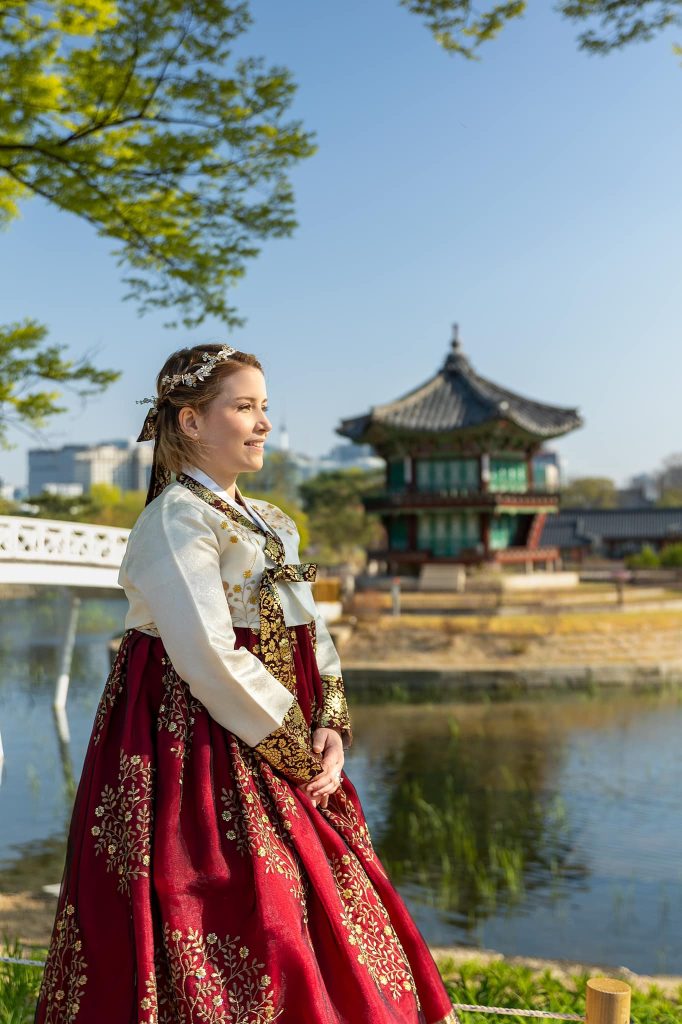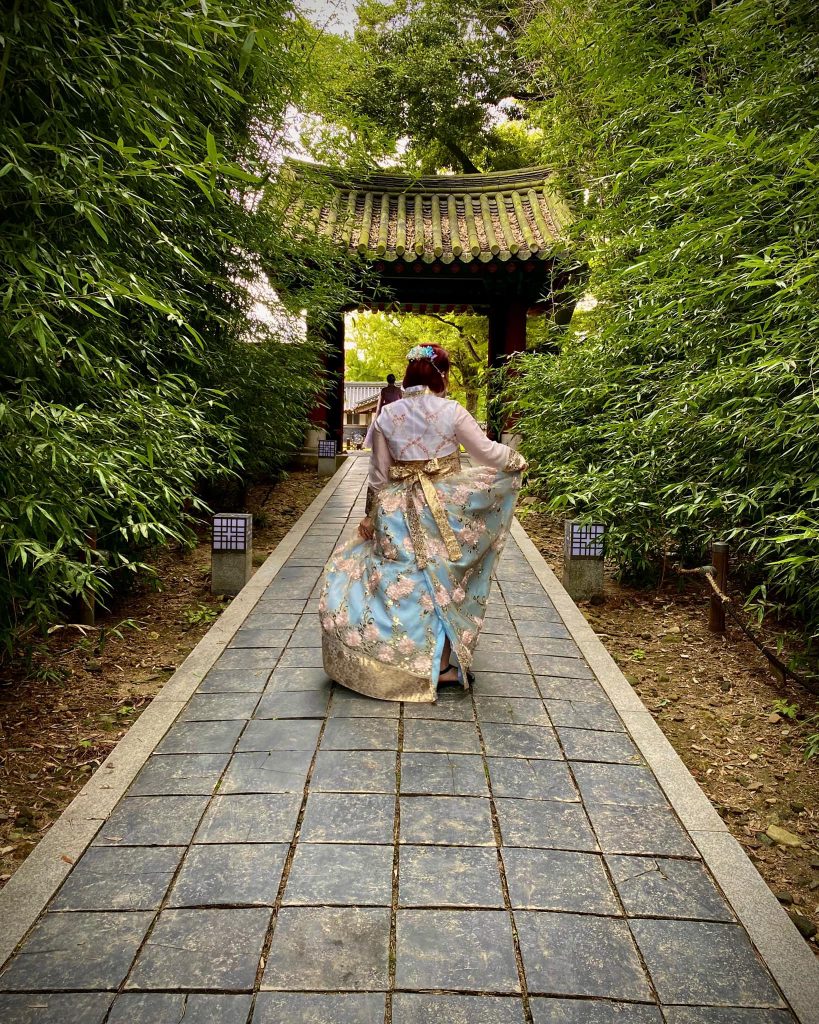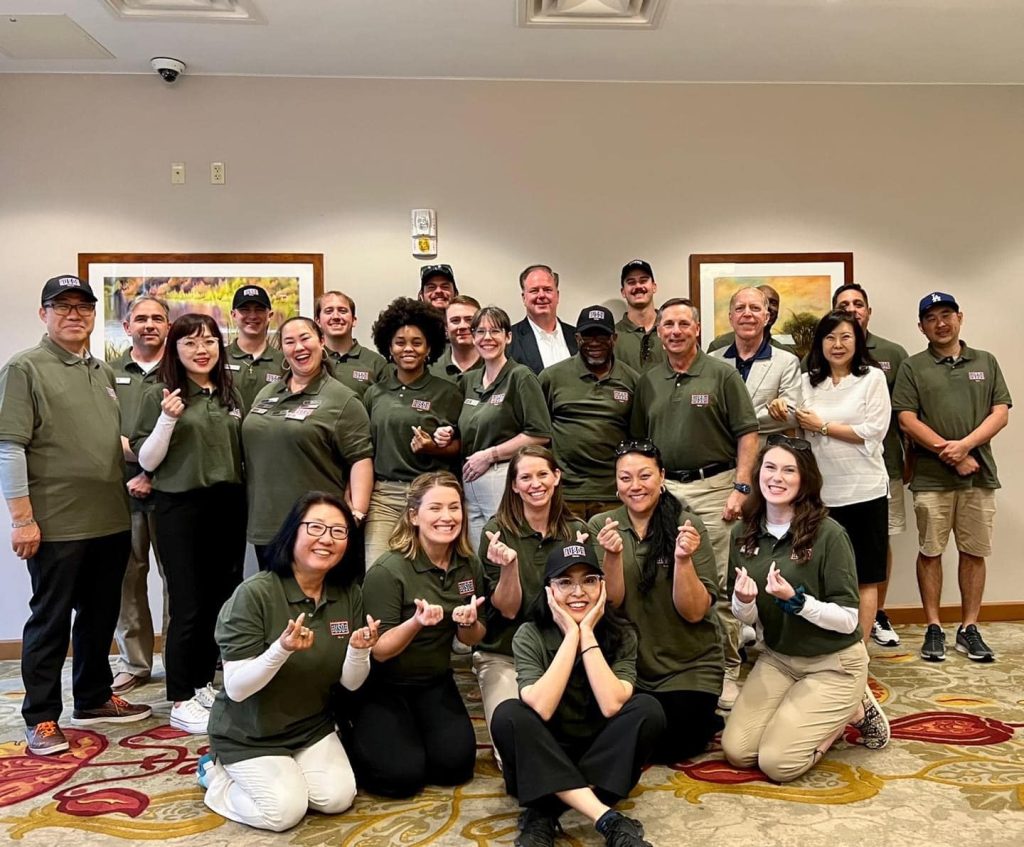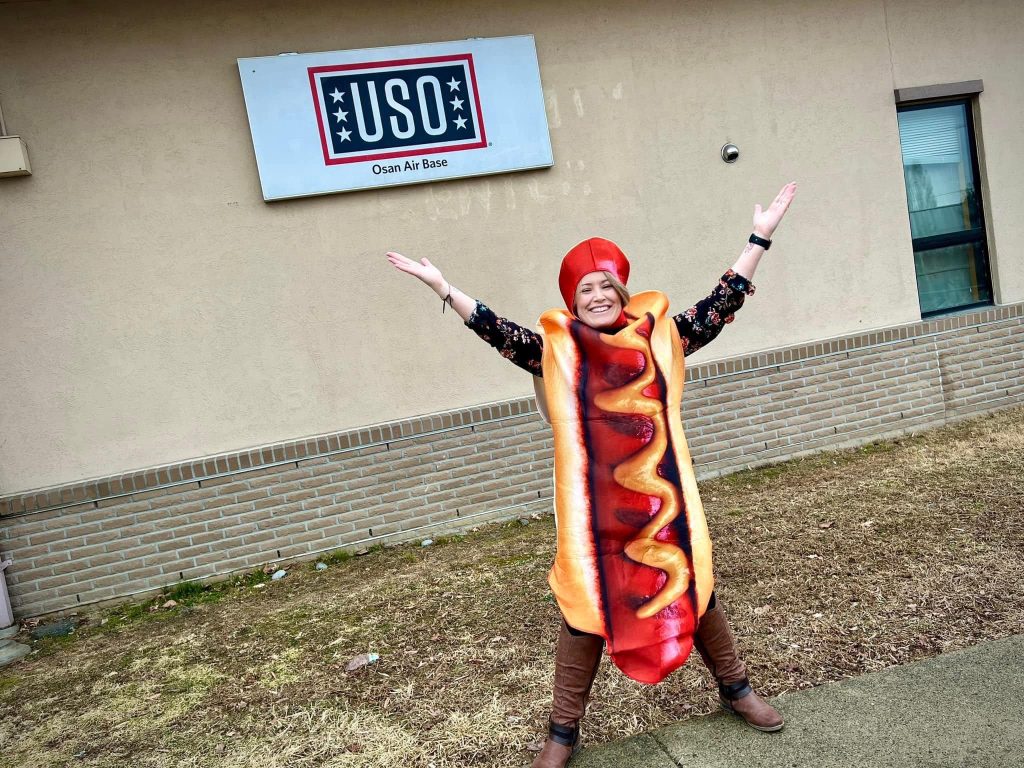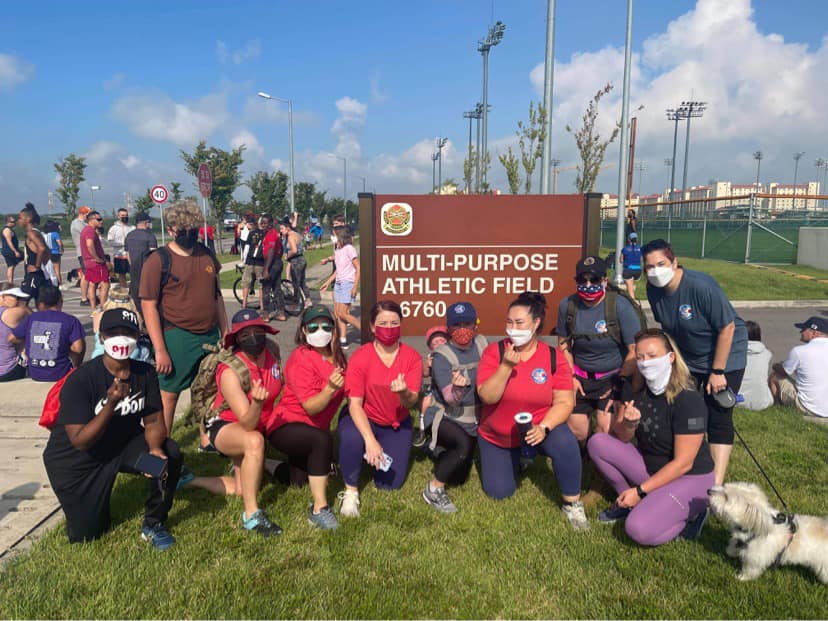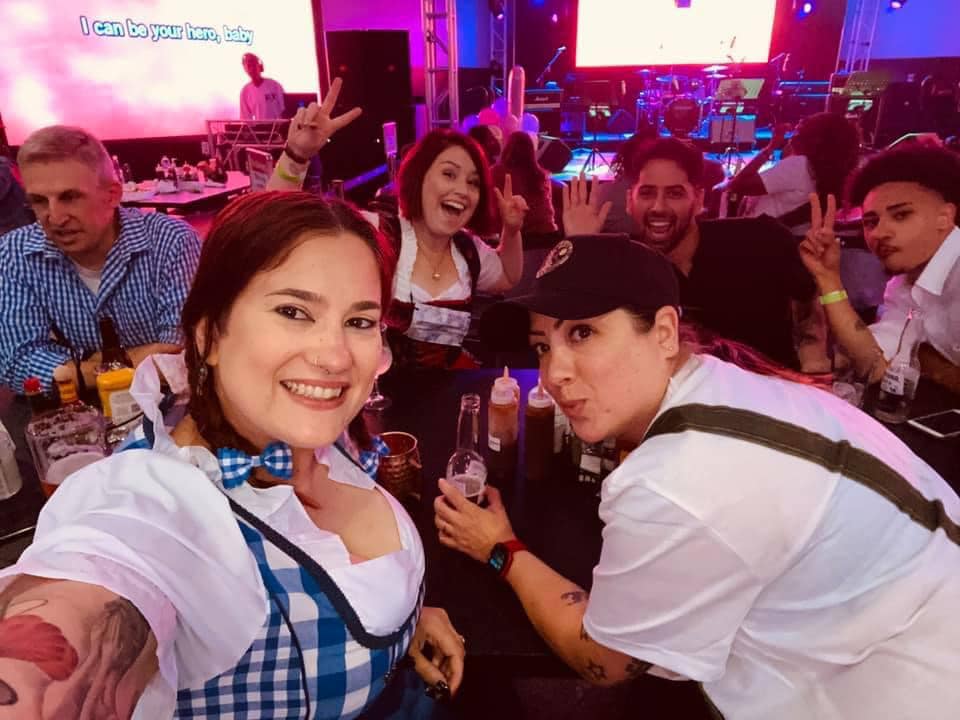Living in Korea as a Military Spouse: My Honest Experience
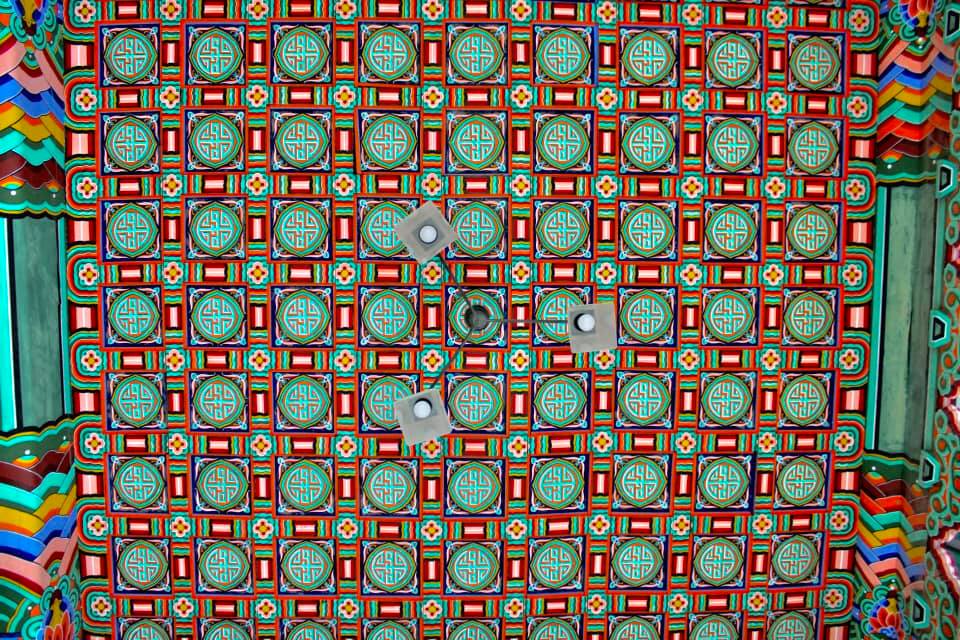
Moving to Korea sounded exciting on paper—a new culture, travel opportunities, and time to explore a place I’d never been. However, living in Korea as a military spouse brings its own challenges, and when the plane landed, I was hit with something no PCS packet could prepare me for: the reality of starting over, again.
If you’re a military spouse headed to South Korea—or already there, staring at your fourth convenience store lunch wondering when it’ll all feel “normal”—this post is for you.
I lived at Camp Humphreys from 2020 to 2023, and while living in Korea as a military spouse wasn’t always easy, it became one of the most meaningful chapters of my life.
Here’s what it’s really like—and what helped me adjust when the culture shock, homesickness, or loneliness crept in.
The First Few Weeks: Quarantine, Isolation, and the Pandemic Fog
We weren’t greeted by bustling markets or street food stalls when we arrived in Korea. We were met by a barracks room and a clipboard.
Because of the pandemic, newly arriving families were placed into strict isolation. We were stuck in a small barracks room with two dogs and no kitchen, living off DFAC food that was partially cold, and by the grace of a few amazing volunteers who helped us get groceries, taking repeated COVID-19 tests to make sure we weren’t bringing the virus with us from Poland.
It was surreal. Claustrophobic. And deeply lonely.
South Korea had incredibly strict COVID-19 protocols at the time, and USFK mirrored them. The base was eerily quiet. There were no welcome events, no outings, no easy ways to connect. We lived in limbo—in Korea, but not living in it yet.
We didn’t even settle into our housing until two months after arrival. And even then, I wasn’t okay. I was exhausted, confused, and emotionally raw.
But here’s what I know now: if your beginning is rough, that doesn’t mean your whole experience will be. The hard start can become the foundation for growth—if you let it.
Building a Life Off-Base and On
When we finally moved into housing, I felt like I could breathe again. But that breath came with a new kind of weight: Now what?
I didn’t have a job. I had no real connections. And deep down, I was grieving a life I didn’t want to leave behind.
When You Miss the Place You Just Left
No one talks about this part of PCS life: the ache for the place you just came from.
Leaving Poland made arriving even harder. Living in Korea as a military spouse after a deeply rooted expat life elsewhere can feel disorienting. I felt integrated—seen—and I was proud of the life I’d created. So when we left, it felt like I had ripped something out of myself.
Korea, by comparison, felt like a cultural whiplash.
Being surrounded by Big Army culture was honestly jarring.
After living off base in Poland, being dropped back into a world of rank structures, acronyms, and hyper-American energy made me feel like I was wearing someone else’s uniform. I didn’t recognize myself in that environment.
Culture Shock Tips
Read my blog post about Culture Shock and How to Deal With it As A Military Spouse and Traveler
I remember walking into the PX at Camp Humphreys and hearing a soldier say, “Fuck this,” and it shocked me. I say these words at home, but now in my head I use “Kurwa” (Polish potty language)
At one point, I remember thinking: I don’t want to go to the PX. I don’t want to join another briefing. I just want to disappear into something that feels real.
So I ran—not away from Korea, but deeper into it.
Travels in Korea and Special Moments
When I could, and areas weren’t restricted to us, I started traveling. I took trains, walked side streets, and visited temples. And I wanted to see Korea, not just live next to it.
One day my husband and I were wandering around a local temple and a woman greeted us with a warm smile. She ended up showing us details of the temple and rituals. She invited us to pray or at least meditate. This is one reason why I have a tattoo from Pitta Kim, Dancheong, that sits on my wrist. It’s a reminder of that generosity, and a phrase I saw at the temple, ” Follow the light.”
Amateur Photography time
Around that time, my husband gifted me a camera. A good one. I didn’t know a thing about photography, but I started bringing it everywhere. You could find me documenting everything—markets, landscapes, quiet moments on empty sidewalks. I began sharing these images and thoughts on Instagram, and little by little, I found joy in capturing my life, even if it wasn’t polished.
Travel got me through a lot when I lived in Poland. And now, it was Korea’s turn.
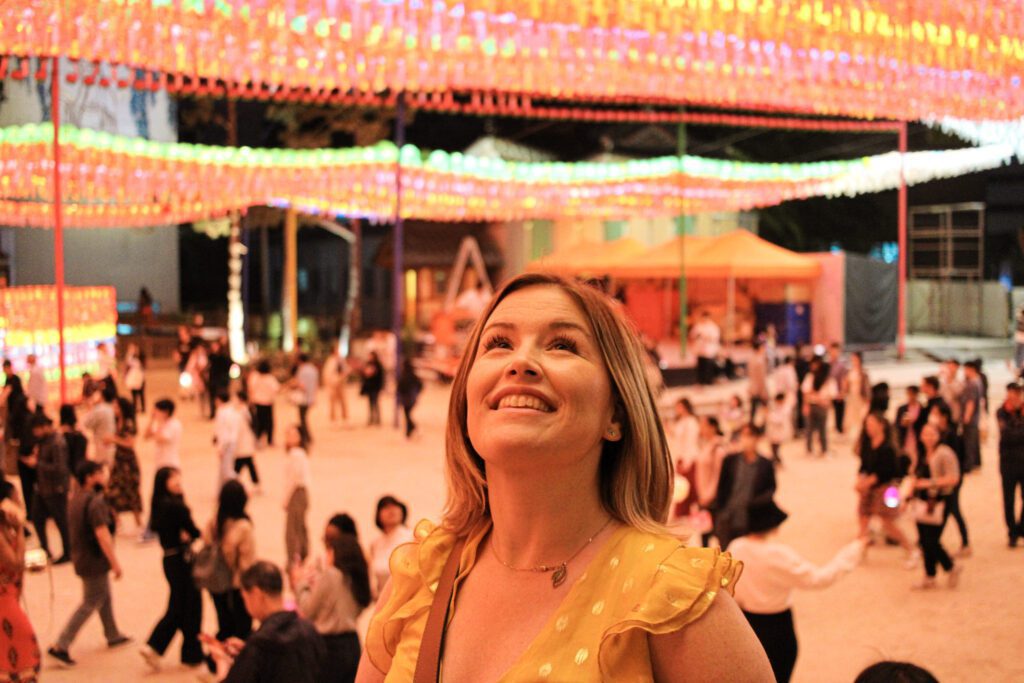
Letting Korea Love You Back
My healing came in layers. And one of the deepest layers started with a program I didn’t expect to love so much.
We Go Supporters: A Cultural Bridge During a Global Pause
During one of the most uncertain stretches of the pandemic—when restrictions were heightened and everything felt like it was holding its breath—I joined a cultural program called We Go Supporters, hosted by Korea’s Ministry of Foreign Affairs.
For six months, I traveled throughout the country with my mask on, camera in hand, learning about Korean history and traditions alongside other American and Korean participants.
It was exactly what I needed.
In a season that felt emotionally frozen, this program warmed something in me. It reminded me of why I travel—to learn, to listen, to see. I wasn’t just stationed in Korea anymore. I was connecting with it, piece by piece.
Even if the exact program isn’t running when you arrive, check with the SOFA Support Center or your local community for similar cultural exchange programs. These experiences don’t just fill your calendar—they fill your soul.
The Things That Grounded Me
Beyond travel, a few specific communities helped me reconnect with who I was:
The USO Gave Me Purpose Again
I started volunteering at the USO to help my community. I noticed a lot of gaps within the system, and I wanted to help. What I found was far more than a time-filler. I found welcoming staff, other spouses craving connection, and meaningful ways to give back. Volunteering reminded me I had something to offer—even when everything felt unfamiliar.
The Humphreys United Spouses Club Gave Me Friendship
I wasn’t sure a spouses’ club was for me. I was hesitant. But the community I found at HUSC was exactly what I needed. Sub-clubs like craft nights, cooking groups, and cultural outings became lifelines. I met people who got it—the moving, the starting over, the weird in-between spaces.
Some of those friendships are ones I still hold onto today.
United on the ROK Gave Me My Voice Back
I started writing for United on the ROK, a magazine for military families living in Korea, and it became a deeply healing outlet. I shared stories, submitted photos, and reflected on what it meant to live between cultures.
It wasn’t just content—it was catharsis. It gave me a place to use my voice and reconnect with my love of travel writing and photography.
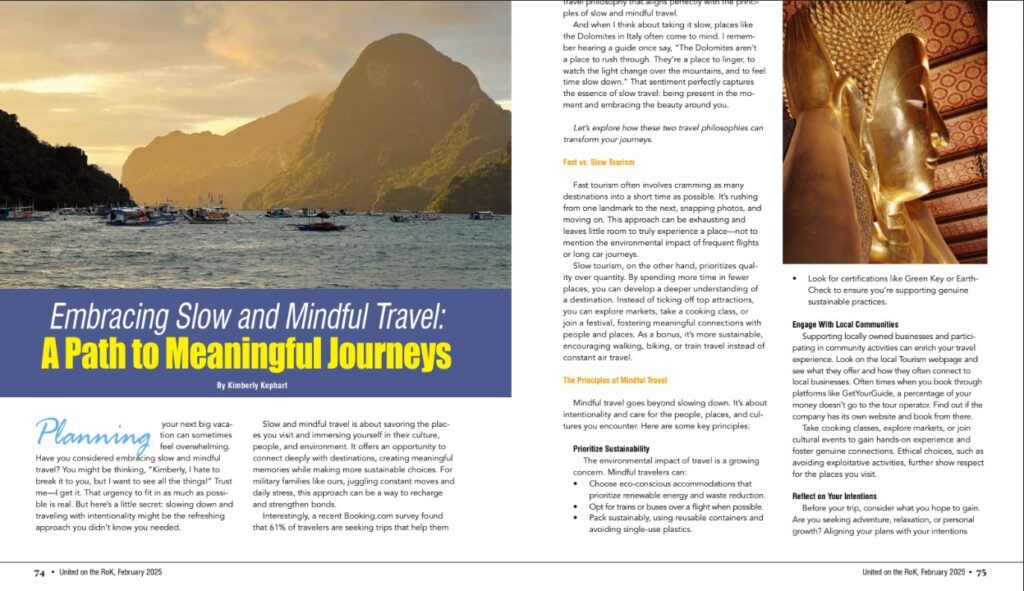
International Dharma Instructors Association
Towards the end of my time in Korea, and while I was working at the USO at Osan Airbase, I interviewed a volunteer named Harry (shoutout to HARRY!) who told me about an organization he was apart of , IDIA or International Dharma Instructors Association. Our center ended up hosting a Coffee Connection event that focused on bridging gaps and learning about aspects of Korean culture. IDIA would host meditative sessions on base and interactive events. I began going to a few events towards the end of my time in Korea and it was such a life saver.
I will never forget how soothing those soundbowl meditations were
Learn more about my time with IDIA
You can read more about my experience here:
” The Magic of Seoul’s Lotus Lantern Festival: A Travel Guide to Light & Culture
5. What I Wish Someone Had Told Me
The Resources That Helped Me Adjust
These resources helped me adjust to life in Korea, especially as someone living in Korea as a military spouse who was navigating culture shock, career shifts, and community rebuilding.
If You’re Struggling Right Now
Living in Korea as a military spouse wasn’t always easy, but it was transformative. And I wouldn’t trade those years for anything.
Now, we’re stationed in Italy, and that experience has brought its own challenges and joys. If you’re curious what this next chapter looks like, I shared my honest thoughts here.
If you’re in the middle of a PCS fog, wondering when this is going to start feeling like real life again, I see you. I was you.
You’re not failing if you’re homesick. You’re not behind if you haven’t made friends yet. You’re not ungrateful if this chapter isn’t the dreamy overseas adventure people imagine.
You’re human.
So join one thing. Go to a coffee meet-up. Take one train to somewhere new. Say yes to one experience, even if it’s awkward. Get outside of that bubble.
The version of you that is emerging in Korea is one that will surprise you.
She is resilient. She is creative. She is capable.
And she is going to find her way.

